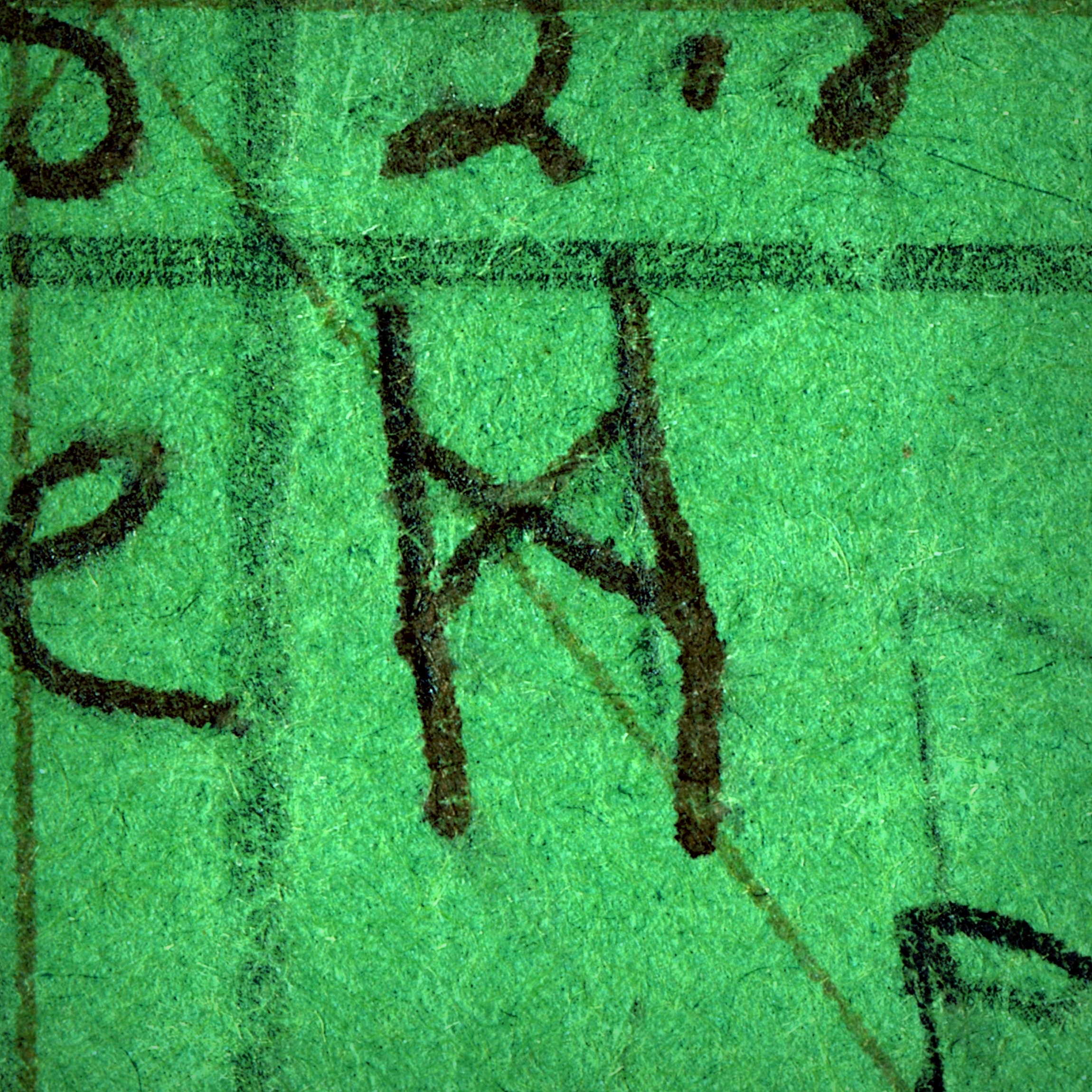 D. Voiced alveolar dental stop. You use your voice and soft palate to make the sound, make your breath stop against your teeth. Leave your larynx out of it and you make a T. D was sometimes spelled with a T in later Old English, and it would occasionally appear as the letter Eth which looks like this: Ð and this: ð. Eth is kind of a cross between a Þ (thorn, TH) and a D. A th sound with a little D flavor. Eventually the Ð and Þ became interchangeable leaving the D to stand alone, exiled in wretchedness.
D. Voiced alveolar dental stop. You use your voice and soft palate to make the sound, make your breath stop against your teeth. Leave your larynx out of it and you make a T. D was sometimes spelled with a T in later Old English, and it would occasionally appear as the letter Eth which looks like this: Ð and this: ð. Eth is kind of a cross between a Þ (thorn, TH) and a D. A th sound with a little D flavor. Eventually the Ð and Þ became interchangeable leaving the D to stand alone, exiled in wretchedness.
Make a thorn and point it at a reverse thorn. A thorn in a mirror. Let them keep in touch, they are very close.
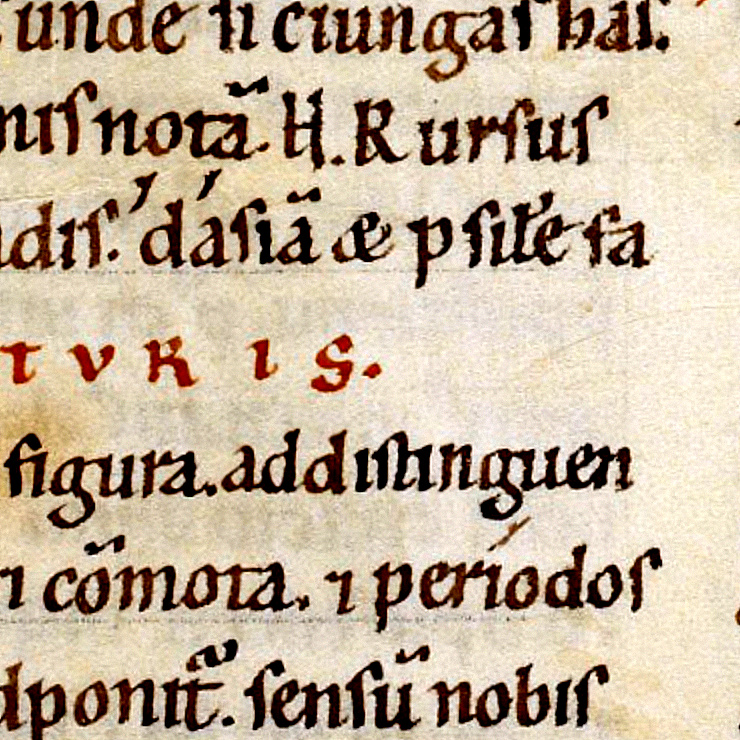

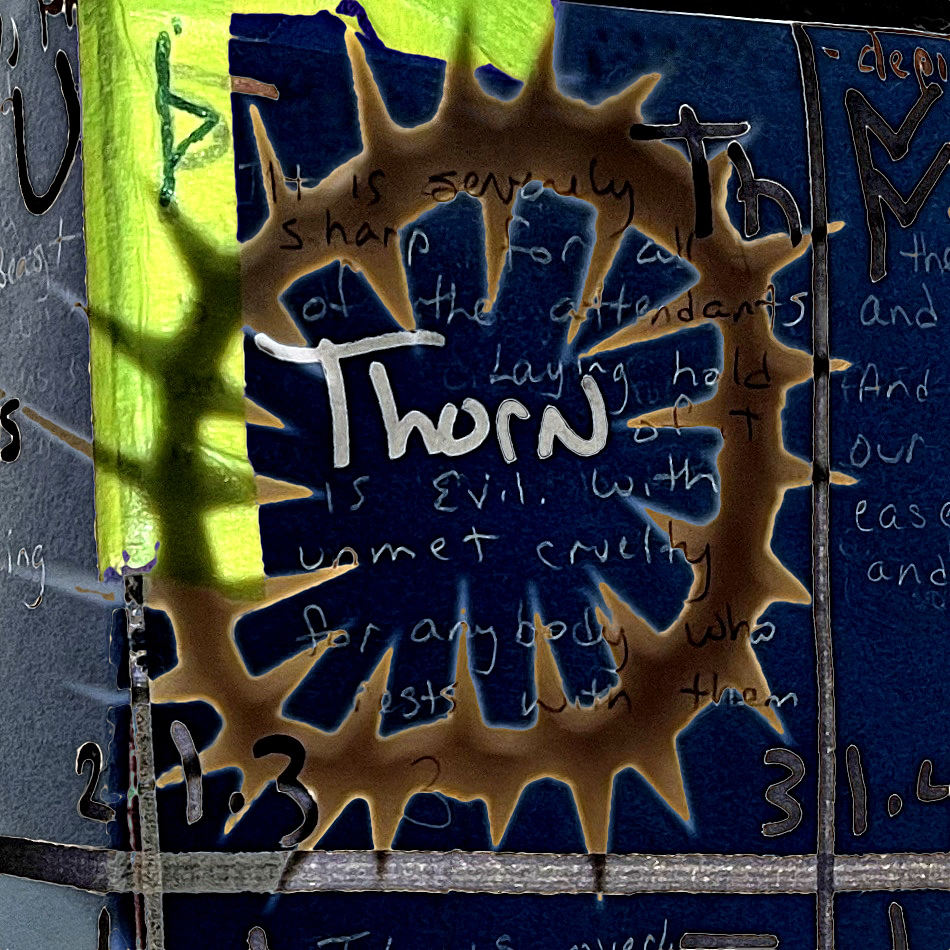
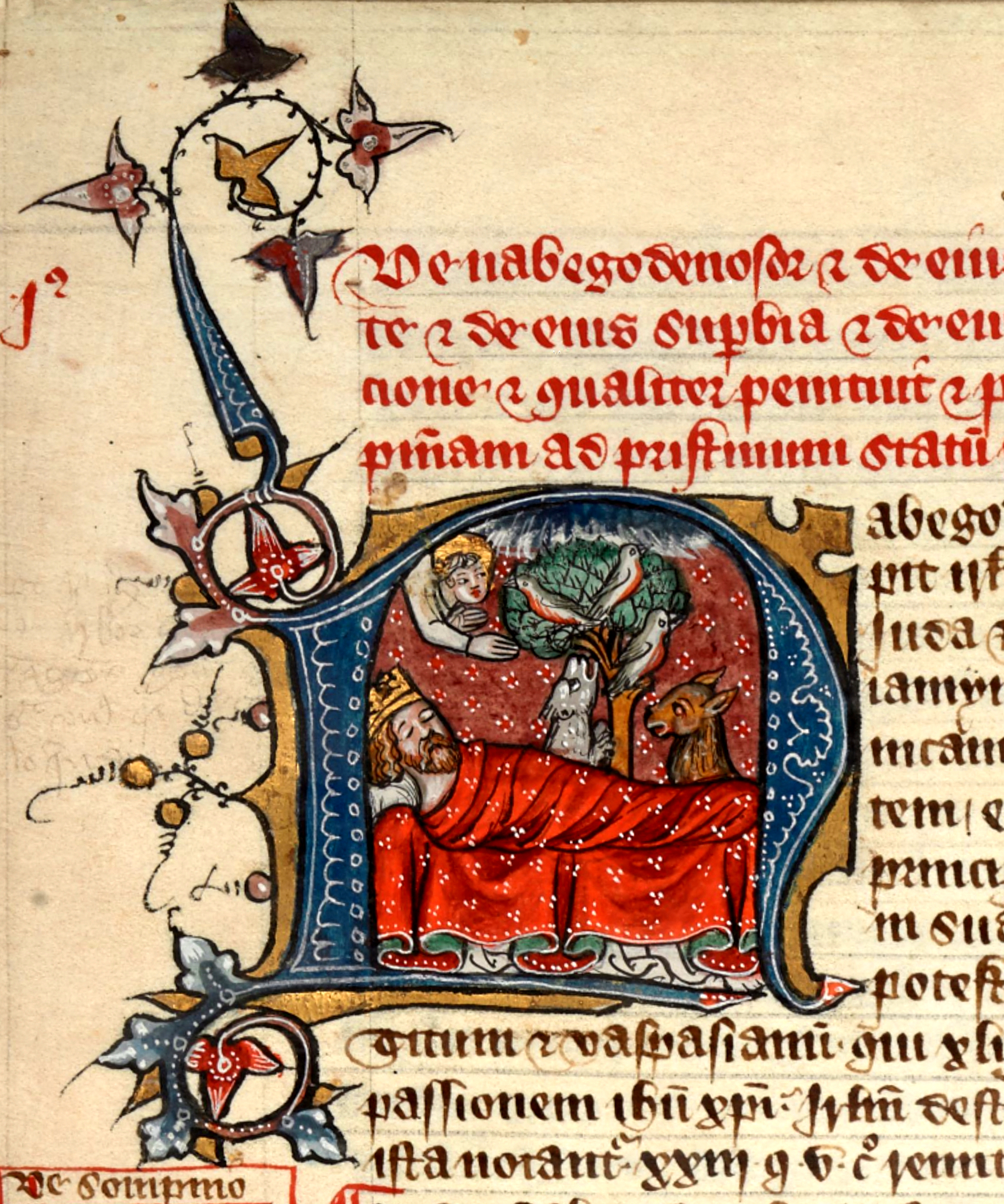

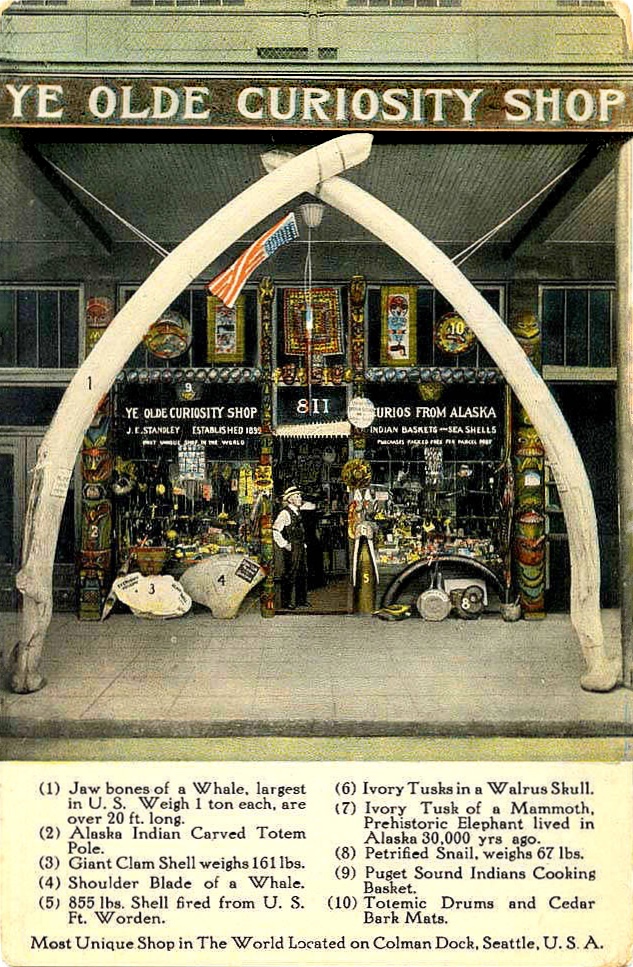
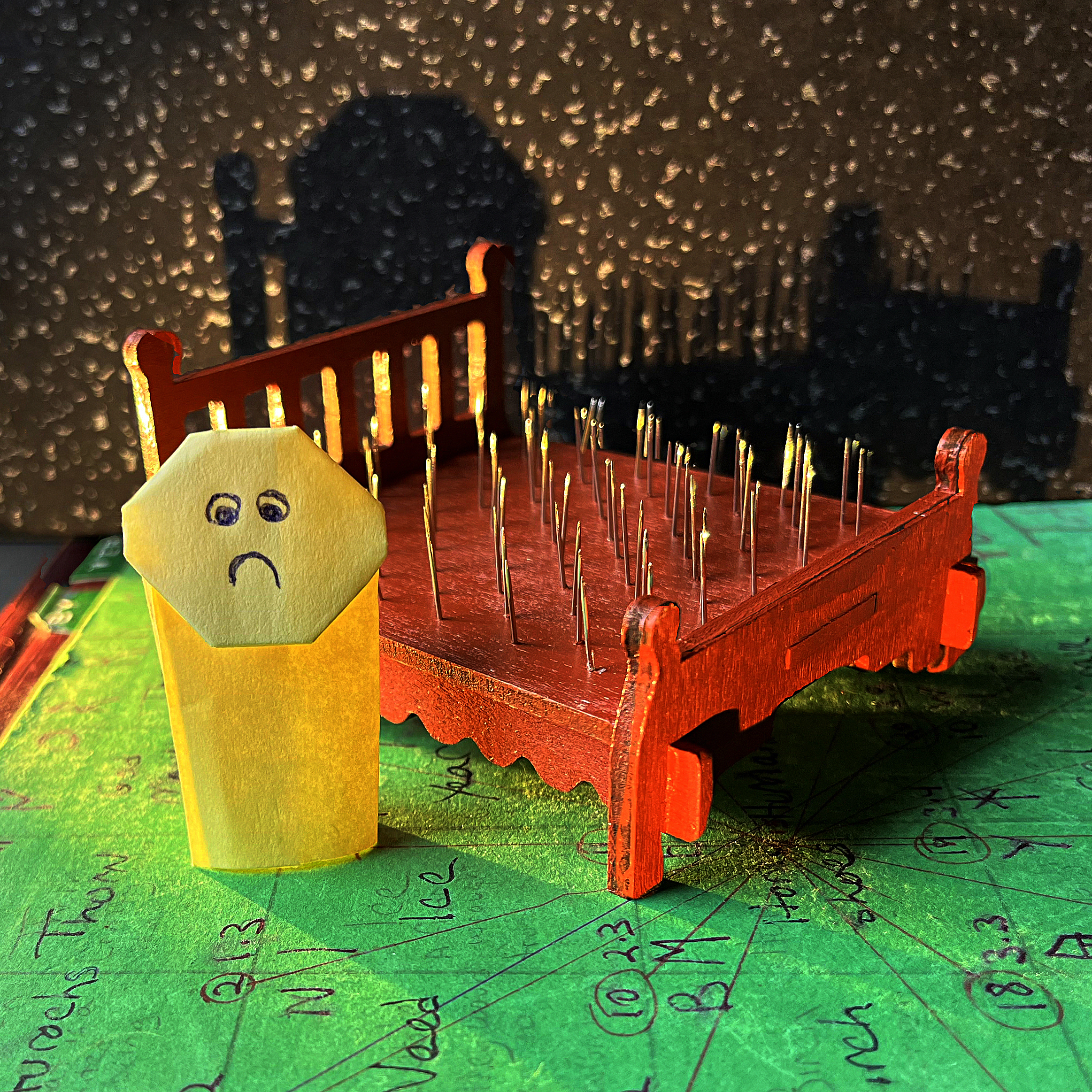 You all right? You seem uncomfortable. Well you should be, with what’s coming to you. You got the Thorn rune. You’ve put yourself into a prickly situation so don’t grab for more or you’ll have an evil time of it. Watch where you sleep too and who with, that’s no bed of roses. Don’t even rest your eyes. You’d better listen to me sharpish, or it will be unmet cruelty for you. If you make this particular bed baby love, you’re going to have to lie in it.
You all right? You seem uncomfortable. Well you should be, with what’s coming to you. You got the Thorn rune. You’ve put yourself into a prickly situation so don’t grab for more or you’ll have an evil time of it. Watch where you sleep too and who with, that’s no bed of roses. Don’t even rest your eyes. You’d better listen to me sharpish, or it will be unmet cruelty for you. If you make this particular bed baby love, you’re going to have to lie in it.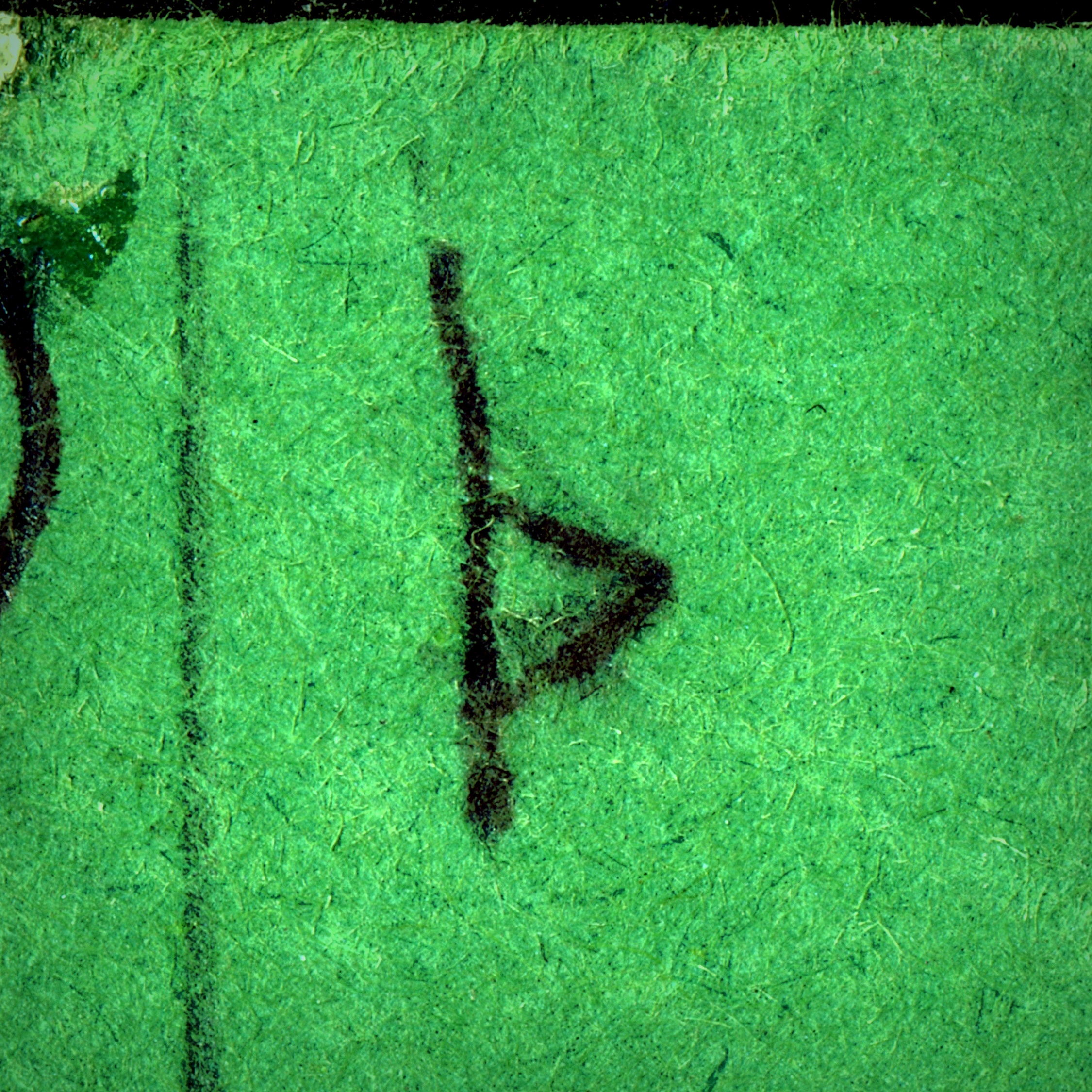 Thorn survived for ages. That kind of longevity in a dead letter deserves
Thorn survived for ages. That kind of longevity in a dead letter deserves
